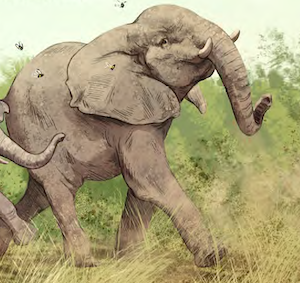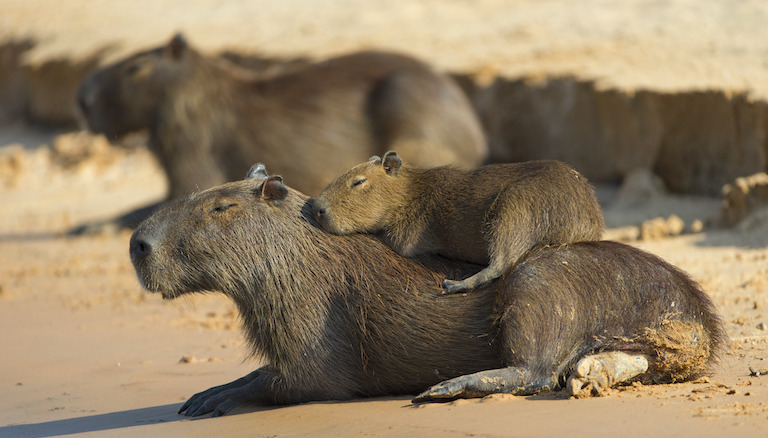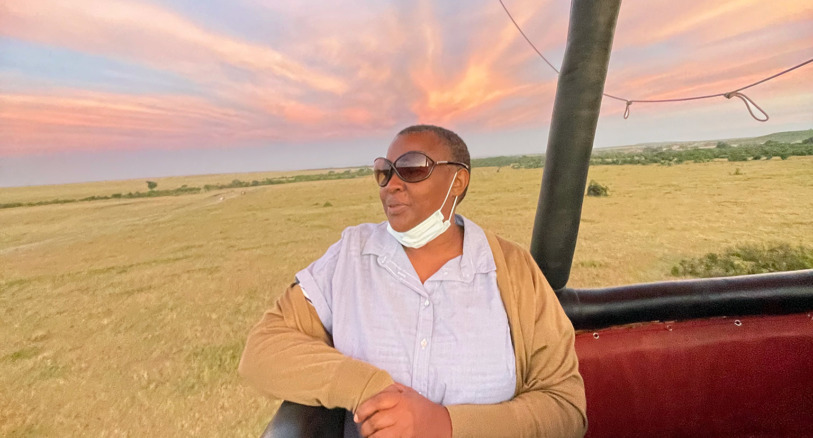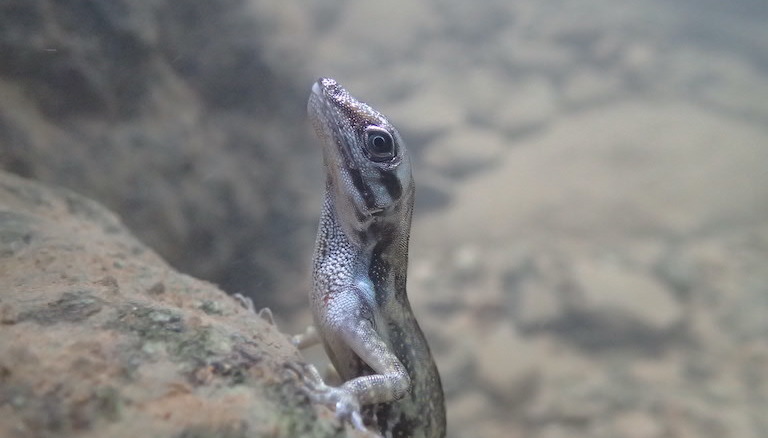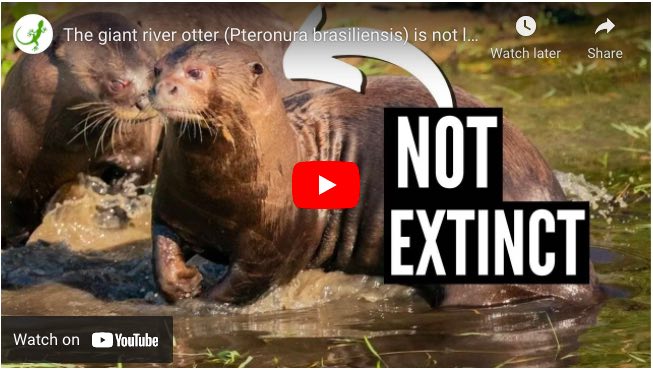In the web of life, some of the most important jobs are done by animals that spread seeds. A monkey eats a fig, a tapir munches on fruit, or a bird flies off with a berry. Later, when the animal moves on and drops the seed — sometimes far from where it was first eaten — a new tree can grow. For thousands of years, this quiet cycle has kept the world’s forests alive.

But today, that cycle is breaking.
A new study shows that many seed-spreading animals — like birds, bats, monkeys, and even some fish — are disappearing because of deforestation, hunting, invasive species, and climate change. The loss doesn’t happen overnight. It happens slowly, over many years. But the damage is serious.

Without animals to carry their seeds, many trees can’t grow back. Some, like the Brazil nut tree, rely on just one kind of animal to move their seeds. Others need their seeds carried long distances so they can survive as the climate changes. Without this help, forests become weaker. Fewer kinds of plants grow. The forests hold less carbon. In some places, trees that should grow never get the chance.
People know how important bees are. But animals that spread seeds are just as vital, even though they are less talked about. Their loss has already cut in half the number of seeds that travel far enough to keep up with our warming world. Forests that once healed themselves are losing that power.
One of the scientists behind the study calls these animals “unknown heroes.” They have been helping forests for ages, often without us noticing. If we lose them, we may not realize what has vanished until it’s too late. Forests will not go silent all at once, but little by little—seed by seed, life by life.
Sometimes, what disappears slowly is the hardest to see.
By Rhett A. Butler, based on the reporting of Kristine Sabillo for Mongabay News.

